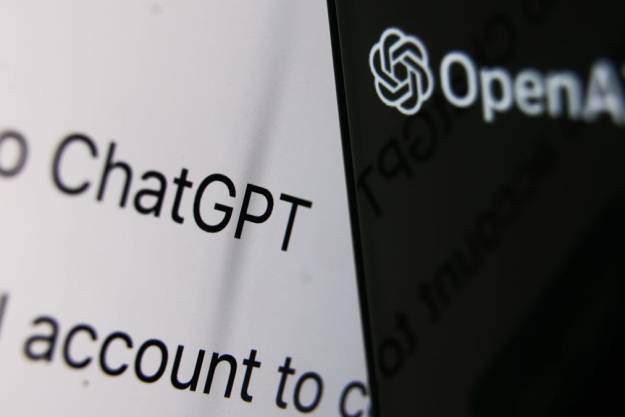Google launched Bard, its ChatGPT rival, despite internal concerns that it was a “pathological liar” and produced “cringeworthy” results, a new report has claimed. Worker say these worries were apparently ignored in a frantic attempt to catch up with ChatGPT and head off the threat it could pose to Google’s search business.
The revelations come from a Bloomberg report that took a deep dive into Google Bard and the issues raised by employees who have worked on the project. It’s an eye-opening account of the ways the chatbot has apparently gone off the rails and the misgivings these incidents have raised among concerned workers.

For instance, Bloomberg cites an anonymous employee who asked Bard for instructions on how to land a plane, then were horrified to see that Bard’s description would lead to a crash. A different worker said Bard’s scuba diving tips “would likely result in serious injury or death.”
These issues were apparently raised shortly before Bard launched, according, yet Google pressed ahead with the go-live date, such was its desire to keep pace with the path blazed by ChatGPT. But it has done so while disregarding its own ethical commitments, resulting not only in dangerous advice, but the potential spread of misinformation too.
Rushing ahead to launch

In 2021, Google pledged to double its team of employees studying the ethical consequences of artificial intelligence (AI) and invest more heavily in determining potential harms. Yet that team is now “disempowered and demoralized,” the Bloomberg report claims. Worse, team members have been told “not to get in the way or to try to kill any of the generative AI tools in development,” bringing Google’s commitment to AI ethics into question.
That was seen in action just before Bard launched. In February, a Google worker messaged an internal group to say, “Bard is worse than useless: please do not launch,” with scores of other employees chiming in to agree. The next month, Jen Gennai, Google’s AI governance lead, overruled a risk evaluation that said Bard could cause harm and was not ready for launch, pushing ahead with the first public release of the chatbot.
Bloomberg’s report paints a picture of a company distrustful of ethical concerns that it feels could get in the way of its own products’ profitability. For instance, one worker asked to work on fairness in machine learning, but was repeatedly discouraged, to the point that it affected their performance review. Managers complained that ethical concerns were obstructing their “real work,” the employee stated.
It’s a concerning stance, particularly since we’ve already seen plenty of examples of AI chatbot misconduct that has produced offensive, misleading or downright false information. If the Bloomberg report is correct about Google’s seemingly hostile approach to ethical concerns, this could just be the beginning when it comes to problems caused by AI.
Editors' Recommendations
- The best ChatGPT plug-ins you can use
- ChatGPT AI chatbot can now be used without an account
- Copilot: how to use Microsoft’s own version of ChatGPT
- GPTZero: how to use the ChatGPT detection tool
- Is ChatGPT safe? Here are the risks to consider before using it




